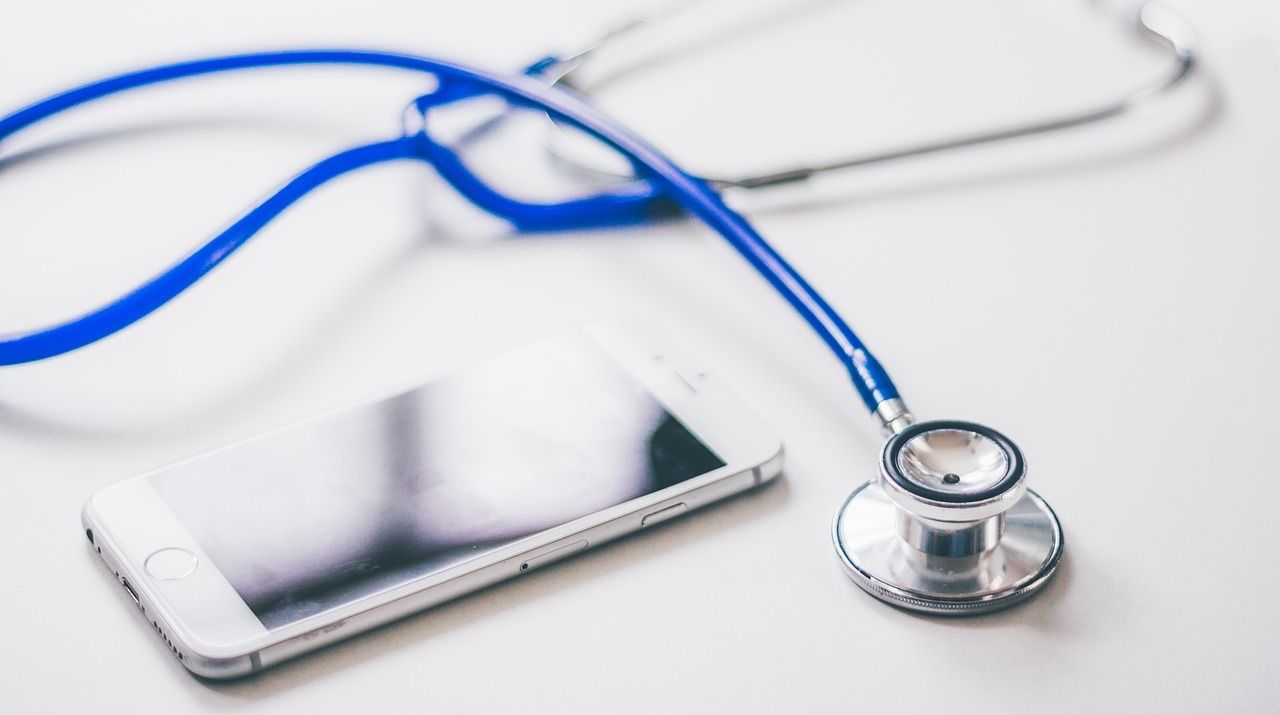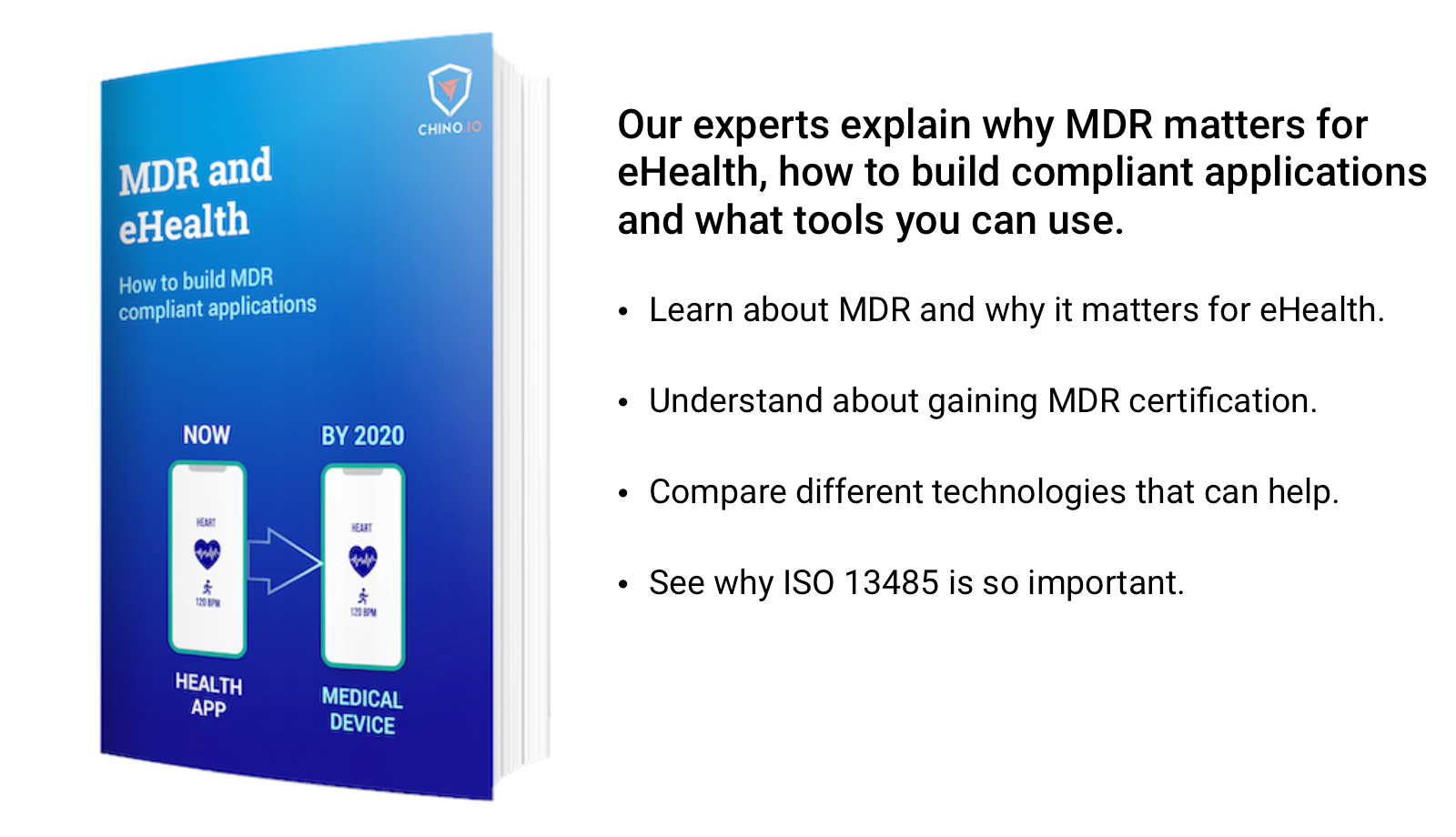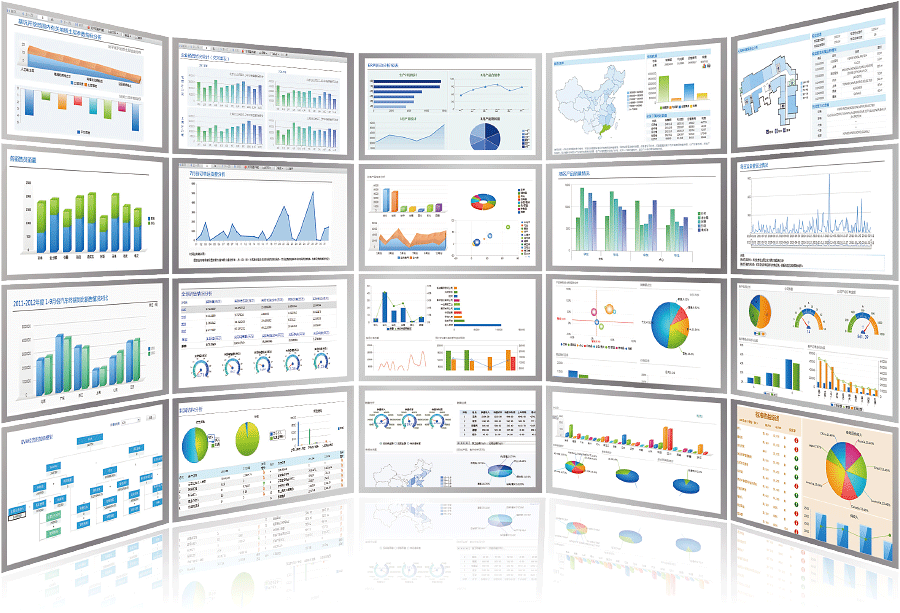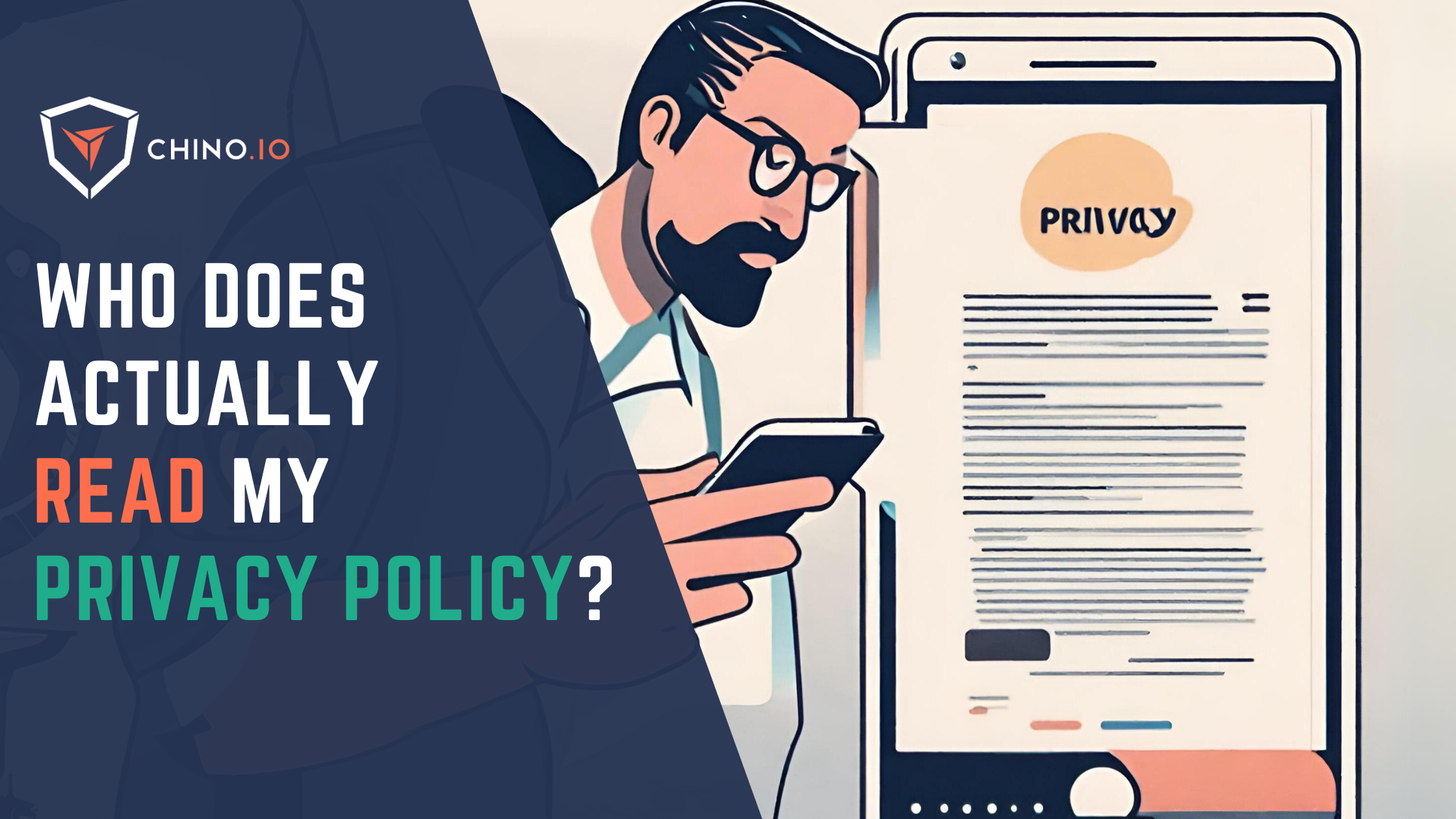2019 was a big year for digital health and data protection. As we get ready for 2020, let's look back at the key events of the last year.
Over the last year, three key trends emerged in the field of digital health and health data.
- Digital therapeutics looks set to revolutionise the delivery of healthcare: Germany just passed the Digital Supply Act (DVG) and in the UK they just set up NHSX to promote this.
- Digital health and wearables cemented their dominance, with Google announcing they are buying Fitbit for $2.1bn and Doctolib becoming the latest European unicorn.
- A year after GDPR came into force, we saw fines surpass €300m. It also became clear that healthcare and hospitals are targets. Also, data protection is one of the key requirements for digital therapeutics, so this will grow in importance.
Here's our brief review of the year.
Winter
Each January geeks and gadget-lovers everywhere turn their attention to CES, the largest consumer electronics show in the world. In 2019, digital health, wearables and IoT featured heavily. However, this growing trend means more and more companies are having to store and process users’ health data.
The UK government is keen to become a world-leader in digital health solutions and digital therapeutics. They understand the potential to transform outcomes for patients and deliver better value for money. In February, they announced the new NHSX organisation set up to promote this.
In March, Doctolib became the latest startup to reach a valuation of €1bn and is the first French startup to reach this milestone. This is further proof of how big the digital health sector is. Estimates vary, but all forecasts put the overall value of this sector in the hundreds of billions by 2025.
Spring
April saw the inaugural DMEA expo in Berlin. DMEA is the biggest digital health conference in Europe. Chino.io was one of the 570 exhibitors at the event. DMEA grew out of the ConnHIT series of events and covers all areas of Digital health. Check out our list of the top digital health conferences in 2020.
25 May marked one year since GDPR began to be enforced. After a slow start, data protection authorities have started to become more aggressive about enforcing GDPR. Many companies mistakenly think GDPR is just about privacy policies, etc. But it's much more complex. Fortunately, Chino.io consulting and technology can help you become compliant.
Summer
Usually, things are a bit quieter in the summer. However, July saw the two biggest GDPR fines to date being handed out by the UK ICO (Information Commissioner’s Office). In total, BA and Marriott were fined €320 million. In Marriott's case, the fine was largely related to technical failures, highlighting how important technical measures are for GDPR. The health sector isn't immune from from fines either...
"...the fine will also be seen as a signal so that the data protection supervisory authorities are particularly vigilant in the field of data handling in health care." State Representative, Prof. Dr. Kugelmann after the German State of Rheinland-Pfalz issued a €105,000 fine to a hospital in December 2019.
At the end of the summer, we hosted our first webinar. The topic was the link between the MDR and GDPR. This is a timely topic, with the MDR being enforced from 26 May 2020. The webinar was a collaboration with our partners, SoftComply. If you didn't get a chance to participate, you can view a replay below.
Autumn
At the start of October, XPOMET made a welcome return to Berlin. This hipster health conference gave Chino.io the opportunity to showcase our services in front of a specialist audience of digital health companies.
The big news in November was new DVG (digital supply) act in Germany. This law paves the way for digital health apps on prescription paid for by health insurers. We believe this is one of the biggest stories of 2019 as it promises to transform business models for digital health companies.
November also saw Google announce that they are buying Fitbit for $2.1bn. Fitness trackers are always something of a regulatory grey area. But increasingly, there is a blurring of the boundary between fitness tracking and health tracking/diagnostics. For instance, Fitbit now market themselves as a digital healthcare company.
What's to come in 2020
Looking ahead to 2020, two pieces of legislation will have a big impact in Europe. In May, the MDR will come into full force, requiring many digital health companies to be certified. We also expect the long-awaited ePrivacy regulation to finally be enacted early in the year. And during the year we will see the full effect of Germany’s Digitale-Versorgung-Gesetz (DVG).








